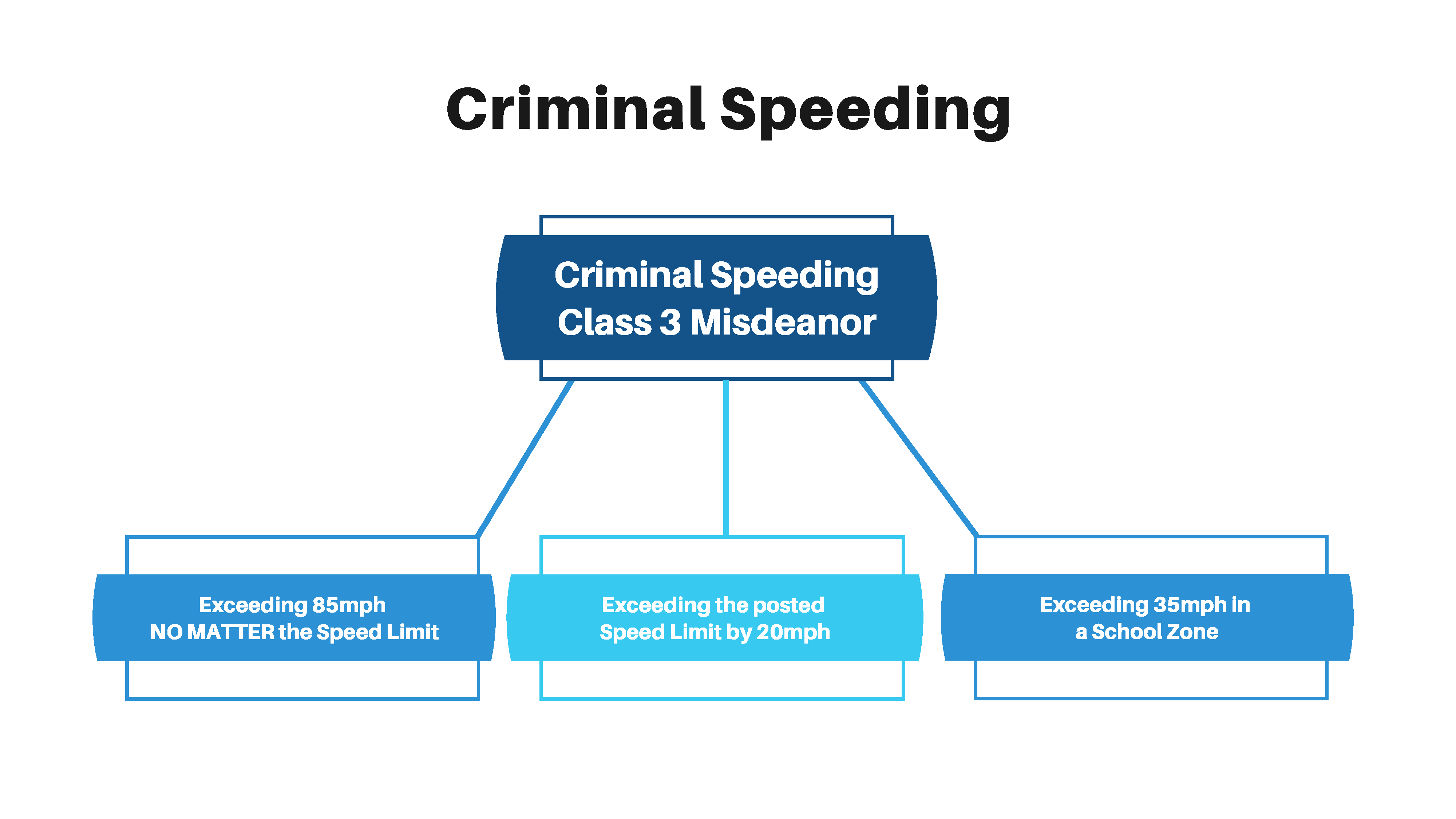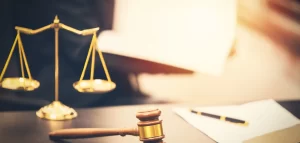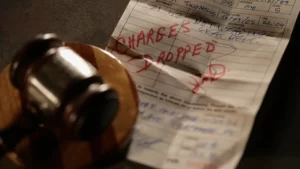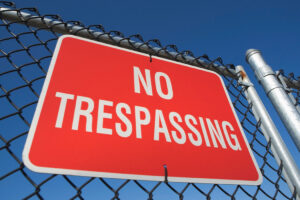What is Criminal Speeding?
Speeding is a common traffic violation that most drivers have committed at some point. Usually going a few miles over the speed limit doesn’t lead to anything more than a traffic ticket. However, in some cases speeding is considered a criminal offense that can result in much more severe penalties. This type of excessive speeding is known as criminal speeding.
Definition of Criminal Speeding
Criminal speeding is typically defined as exceeding the posted speed limit by a certain amount, usually 20 or 30 mph over the limit. However, the specific parameters for criminal speeding charges vary between states. It may also apply to driving at very high speeds that are considered reckless, even if they are not drastically over the limit. Basically, any speeding offense where public safety is endangered could potentially be charged as criminal speeding rather than a simple traffic violation.
Exceeding Speed Limit by Certain Amount
Many states classify speeding over a certain threshold as an automatic criminal offense. For example, going over 80 mph is considered criminal speeding in some states, regardless of the posted speed limit. Others consider exceeding the limit by 20-30 mph as crossing the line into criminal charges. The faster you go over the posted limit, the more likely you are to face criminal penalties rather than a basic speeding ticket.
Reckless Driving
Speeding well above the flow of traffic and conditions can be deemed reckless driving. Driving at very high speeds and weaving through cars demonstrates a willful disregard for safety. Even if the speed is not over a prescribed criminal threshold, endangering others with extremely fast driving qualifies as a misdemeanor or felony offense in all states.
Common Speed Limits
The exact speed at which you could be charged with criminal speeding depends on the speed limit of the road where you are pulled over. Some common speed limits include:
A. Residential Areas
In residential neighborhoods and areas with a lot of pedestrians, the speed limit is usually 25-30 mph. Exceeding this by 20+ mph would reach criminal speeding territory.
School Zones
Speed limits in designated school zones are even lower, typically 15-25 mph during certain hours. Going more than 30 mph over could mean a criminal speeding charge.
Highways
On multi-lane highways and interstates, the limit is generally 65-75 mph. Speeds over 100 mph often warrant criminal charges on these roads.
Factors Determining Criminal Speeding
Whether speeding crosses into criminal territory depends on several factors:
How Much Over the Limit
The mph over the speed limit carries the most weight in determining if charges will be civil or criminal. As explained above, typically 20-30 mph over the posted limit marks the cutoff. Some states simply classify exceeding 80 mph as criminal speeding.
Location of Speeding
Speeding on roads with lower limits, like residential streets, makes it more likely for charges to be criminal compared to speeding on a highway. Schools zones or areas with high pedestrian traffic also carry harsher penalties.
Overall Driving Behavior
Weaving through traffic, running red lights, tailgating, and cutting off other drivers demonstrates reckless disregard for safety. Even speeding relatively close to the limit can be charged as criminal speeding if done dangerously.
Penalties for Criminal Speeding
The consequences for criminal speeding are much more severe than a basic speeding ticket. Possible penalties include:
Fines
Fines for criminal speeding can be upwards of $1,000, compared to fines of $100-$300 for civil speeding tickets. Higher speeds generally mean higher fines.
License Suspension
A conviction for criminal speeding can result in losing your license for a period of time, such as 30 days or 6 months. Repeat offenses lead to longer suspensions.
Jail Time
Criminal speeding is classified as a misdemeanor or even felony offense. This means jail time is possible, from a few days up to 1 year.
Community Service
Judges may order community service hours, such as 100-200 hours, as part of sentencing for criminal speeding.
Aggravating Factors
Certain circumstances can increase the penalties faced for criminal speeding charges:
Repeat Offenses
Drivers with a history of criminal speeding face more severe consequences if charged again, including extended license suspension and longer potential jail time.
Causing an Accident
If speeding results in an accident with injuries or property damage, the charges and penalties will escalate significantly. Vehicular assault or vehicular homicide charges may apply in cases of serious injuries or death.
Speeding with Suspended License
Getting charged with criminal speeding while your license is suspended for a previous offense can mean automatic jail time in many states.
Defenses Against Criminal Speeding
Here are some potential legal defenses to dispute or fight criminal speeding charges:
Challenging Radar Accuracy
Questioning the calibration and technique used to capture your speed with radar can raise doubt about the accuracy of the reading.
Emergency Situation
There are exemptions for exceeding the speed limit when acting under emergency circumstances, such as rushing someone to the hospital.
Faulty Speedometer
If you can prove your speedometer was malfunctioning, it may excuse going over the limit unknowingly.
Not Reckless Behavior
You may argue your driving behavior was not reckless under the conditions, even if you were over the speed limit.
Conclusion
In summary, criminal speeding involves exceeding posted speed limits by as much as 20-30 mph or driving at dangerously high speeds over 100 mph. It is distinguished from civil speeding tickets by the threat to public safety. The penalties for criminal speeding include heavy fines, license suspension, and possible jail time. Carefully observing speed limits and practicing cautious driving is essential to avoiding criminal speeding charges. When faced with a speeding violation, it is critical to consult an attorney to help mitigate the penalties in court. Slowing down on the road can prevent dealing with the legal consequences of criminal speeding.
FAQs
Q: What is the threshold for speeding to be considered criminal?
A: The speed thresholds vary by state, but generally going 20-30 mph over the limit or over 80-100 mph total is considered criminal speeding.
Q: What happens if you get caught speeding on a suspended license?
A: Speeding on a suspended license typically results in additional charges and penalties, potentially including immediate jail time.
Q: Can you go to jail for criminal speeding?
A: Yes, criminal speeding convictions can result in jail sentences ranging from several days to over a year depending on the circumstances.
Q: Does criminal speeding go on your criminal record?
A: Yes, criminal speeding is a misdemeanor offense, so a conviction goes on your permanent criminal record.
Q: What should you do if charged with criminal speeding?
A: Contact a criminal defense attorney immediately if facing criminal speeding charges. An attorney can help negotiate reduced penalties or defend against the charges in court.







